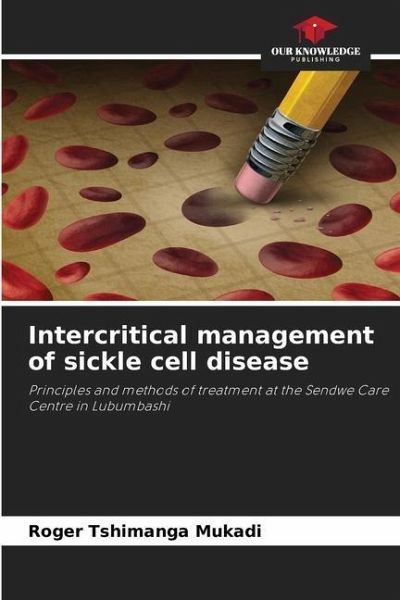
Intercritical management of sickle cell disease
Principles and methods of treatment at the Sendwe Care Centre in Lubumbashi
Versandkostenfrei!
Versandfertig in 6-10 Tagen
27,99 €
inkl. MwSt.

PAYBACK Punkte
14 °P sammeln!
The extreme frequency of sickle cell disease in our country contrasts with a major shortage of material and human resources, which explains why sickle cell patients living in Africa have benefited very little from improvements in the management of major sickle cell syndrome in recent years. In the light of the study we carried out on the inter-critical management of sickle cell disease at the Sendwe sickle cell disease management centre in Lubumbashi over the last three years (2008-2010), the main problems we identified are identical to those found in most African countries: the absence of a n...
The extreme frequency of sickle cell disease in our country contrasts with a major shortage of material and human resources, which explains why sickle cell patients living in Africa have benefited very little from improvements in the management of major sickle cell syndrome in recent years. In the light of the study we carried out on the inter-critical management of sickle cell disease at the Sendwe sickle cell disease management centre in Lubumbashi over the last three years (2008-2010), the main problems we identified are identical to those found in most African countries: the absence of a national policy of systematic neonatal screening, which explains the delay in diagnosis and treatment, the inapplicability of the transfusion programme due to the absence of a transfusion safety policy, etc. Therefore, for the correct application of large-scale preventive and curative measures, sickle cell anaemia must be made a national public health priority.












